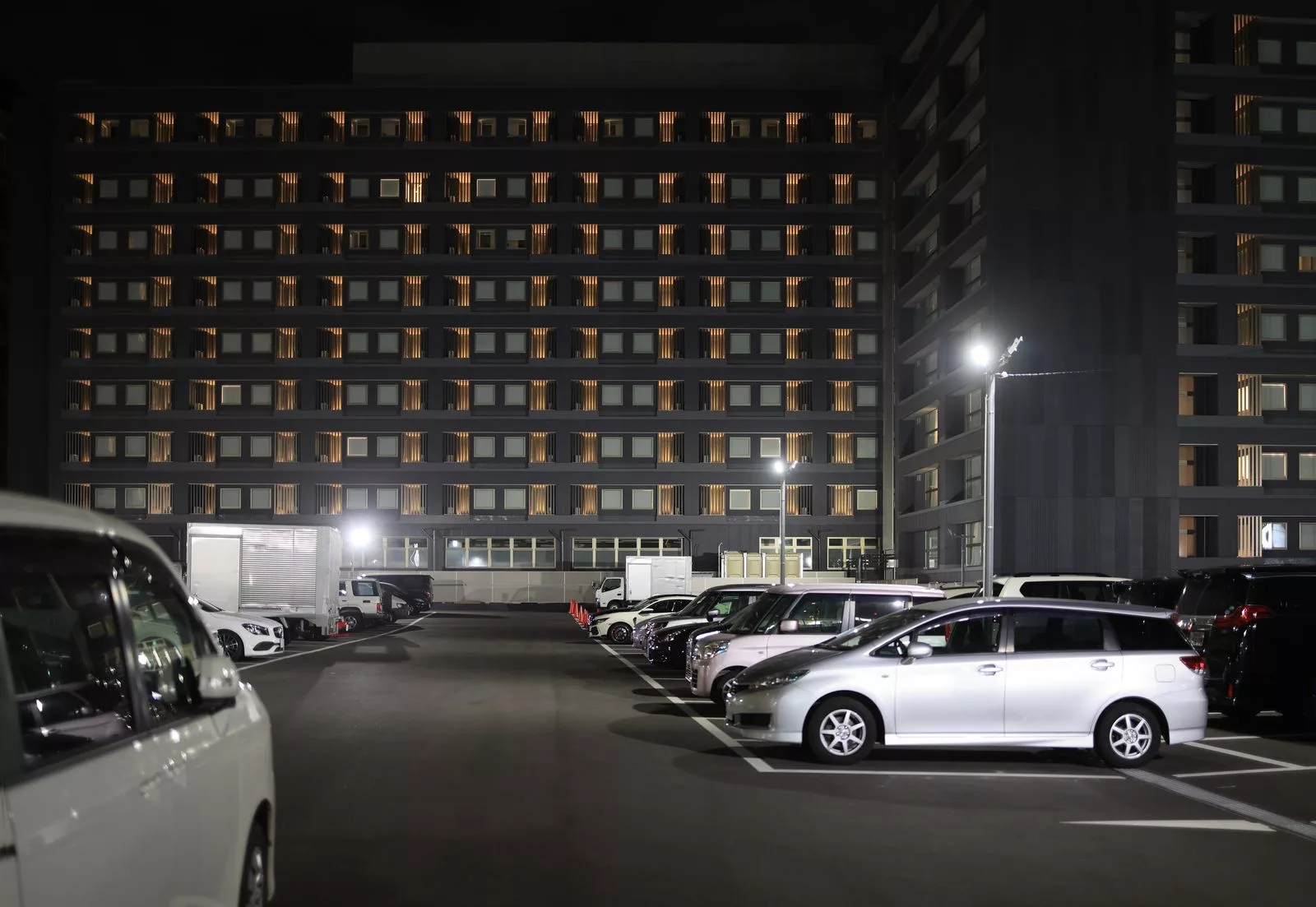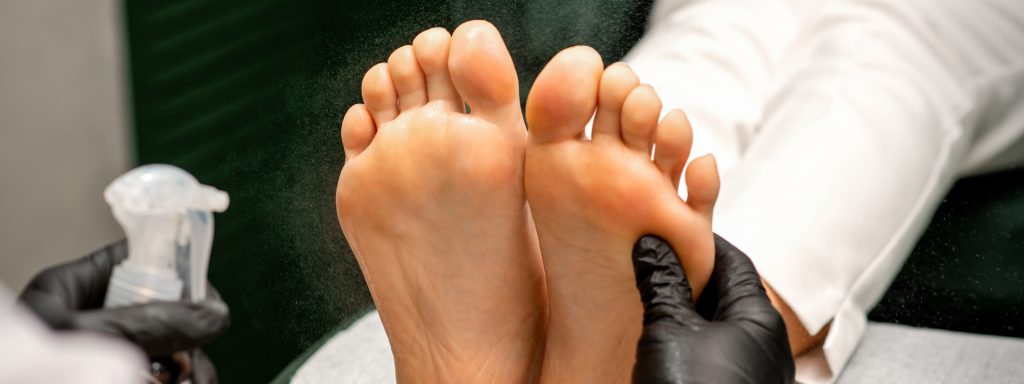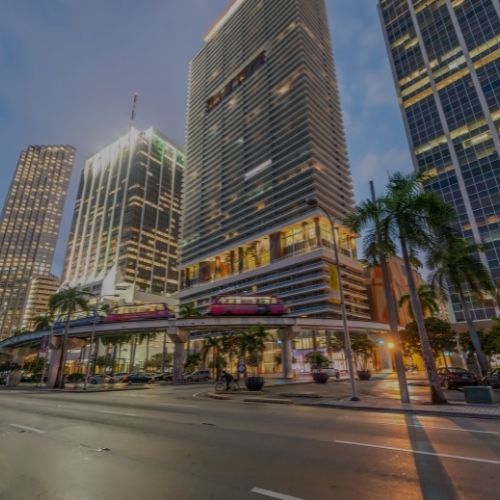When envisioning a stay at a hotel or resort, most people imagine relaxation, comfort, and a break from their daily grind. They trust these establishments to provide a safe environment. However, the unfortunate reality is that some individuals experience traumatic injuries such as sexual assaults in these settings. When such incidents occur, a pressing question arises: Can the hotel or resort be held liable?
Understanding Premises Liability in Relation to Sexual Assaults
Hotels and resorts, like other businesses, have a legal duty to ensure the safety of their guests. This is encompassed within the broader legal principle of premises liability, which mandates that property owners or managers provide a safe environment and take reasonable steps to prevent foreseeable dangers.
If a hotel or resort fails in this duty, and a guest becomes a victim of a crime like rape or sexual assault due to the hotel’s negligence or lapse in adequate security, the commercial establishment can be sued for damages.
When Can a Hotel or Resort be Held Liable in a Sexual Assault Case?
To successfully hold a hotel or resort accountable, the sexual assault victim must demonstrate that the establishment’s negligence directly or indirectly contributed to the incident. Here are some scenarios where the hotel or resort might be considered negligent:
- Inadequate Security: If the establishment is located in an area known for criminal activities, they have a heightened responsibility to implement stringent security measures. A lack of surveillance cameras, poorly lit areas, unsecured entrances or exits, or an insufficient security team can be considered negligence.
- Negligent Hiring: Hotels and resorts must conduct thorough background checks on their employees, especially those who have access to guests’ rooms. If an employee with a criminal record or history of misconduct assaults a guest, the establishment can be deemed negligent for not screening the individual adequately.
- Failure to Address Known Threats: If the hotel or resort was aware of potential threats (like a non-guest loitering on the premises) and failed to take action, they can be held liable for any resultant harm.
- Lack of Proper Response: Post-incident handling is critical for hotels and resorts. These establishments must have protocols in place to address and support victims, ensuring their immediate safety and guiding them through necessary medical and legal steps.
What Do You Do After a Sexual Assault in a Hotel or Resort?
If you or someone you know becomes a victim of sexual assault at a hotel or resort, taking immediate action is crucial. At RTRLAW, we recommend the following steps:
- Ensure Your Safety: The victim’s immediate safety is paramount. If necessary, change rooms or even hotels.
- Seek Medical Attention: Timely medical care is essential for the well-being of the victim and for evidence collection. Even if there are no visible injuries, some internal injuries or risks, like sexually transmitted infections, might need addressing.
- Report it to the Authorities: Inform the hotel/resort and local police about the incident. Their report can play a vital role in any subsequent legal proceedings.
- Document Everything: From the details of the assault to any interactions with hotel staff, compile a comprehensive record. This can serve as invaluable evidence if you decide to pursue a lawsuit.
- Consult an Attorney: Navigate the legal landscape with the assistance of a seasoned sexual assault victim attorney who can advise on the best course of action and potential compensation.
Seek Legal Assistance Immediately
The trauma of a sexual assault can be profound and long-lasting. While no amount of compensation can erase the physical and psychological pain, holding negligent parties accountable can offer a measure of justice and closure for the victim. Hotels and resorts, like all businesses, have a responsibility to their guests. When they fall short, the law provides avenues for victims to seek redress. Always remember, you’re not alone on this journey. Seek expert help, like that from RTRLAW, to guide and support you every step of the way.
For more information or a free, confidential, and no-obligation case review, contact the caring and compassionate attorneys at RTRLAW today at 1-833-HIRE-RTR (1-833-447-3787).


 CALL US NOW
CALL US NOW TEXT US NOW
TEXT US NOW
























